When your left- and right-hand delimiters are single characters, it can be easily solved with negated character classes. So, if your match is between a and c and should not contain b (literally), you may use (demo)
a[^abc]*c
This is the same technique you use when you want to make sure there is a b in between the closest a and c (demo):
a[^abc]*b[^ac]*c
When your left- and right-hand delimiters are multi-character strings, you need a tempered greedy token:
abc(?:(?!abc|xyz|123).)*123(?:(?!abc|xyz).)*xyz
See the regex demo
To make sure it matches across lines, use re.DOTALL flag when compiling the regex.
Note that to achieve a better performance with such a heavy pattern, you should consider unrolling it. It can be done with negated character classes and negative lookaheads.
Pattern details:
abc - match abc(?:(?!abc|xyz|123).)* - match any character that is not the starting point for a abc, xyz or 123 character sequences123 - a literal string 123(?:(?!abc|xyz).)* - any character that is not the starting point for a abc or xyz character sequencesxyz - a trailing substring xyz
See the diagram below (if re.S is used, . will mean AnyChar):

See the Python demo:
import re
p = re.compile(r'abc(?:(?!abc|xyz|123).)*123(?:(?!abc|xyz).)*xyz', re.DOTALL)
s = "abc 123 xyz\nabc abc 123 xyz\nabc text 123 xyz\nabc text xyz xyz"
print(p.findall(s))
// => ['abc 123 xyz', 'abc 123 xyz', 'abc text 123 xyz']

